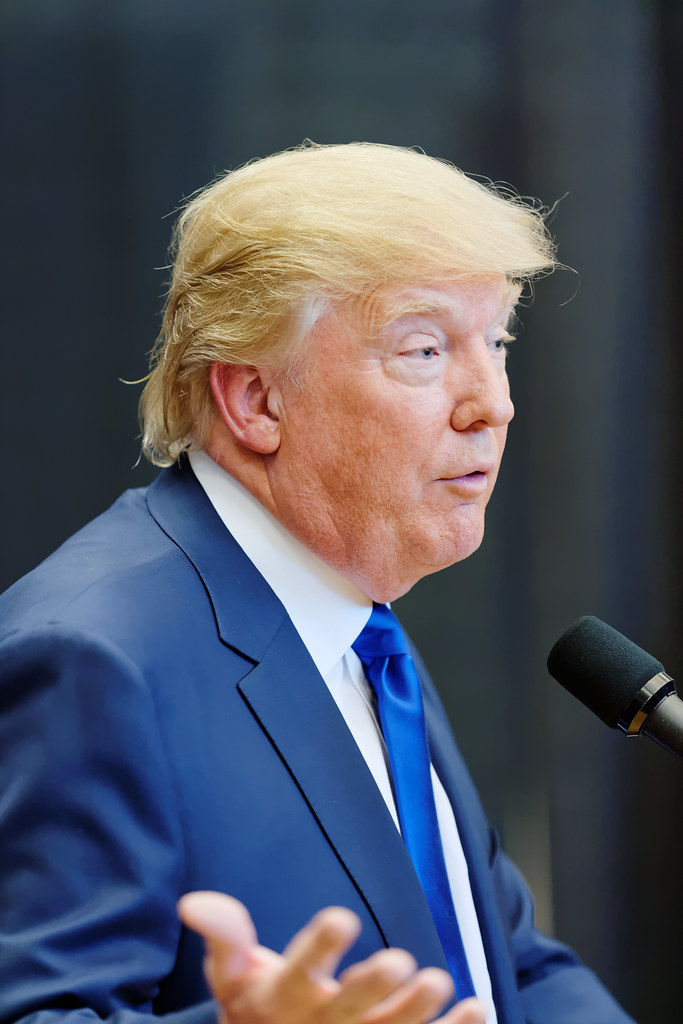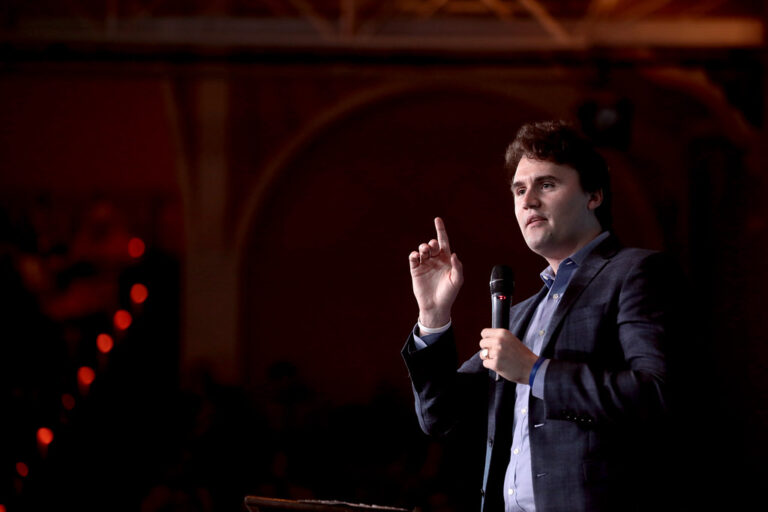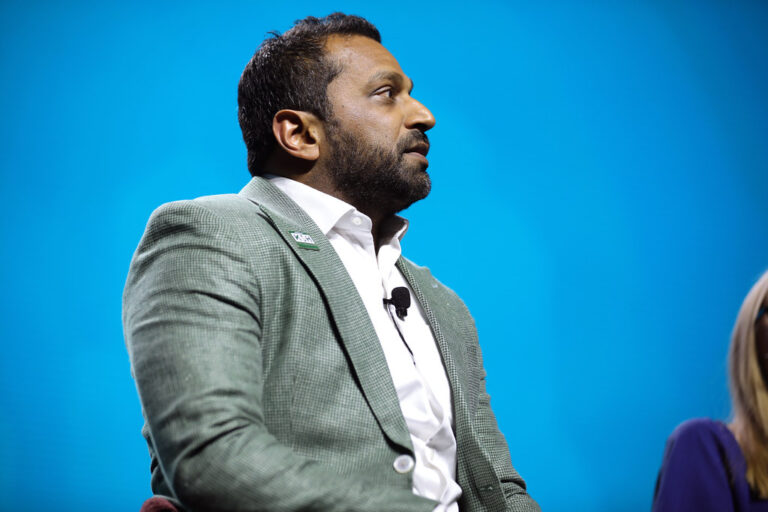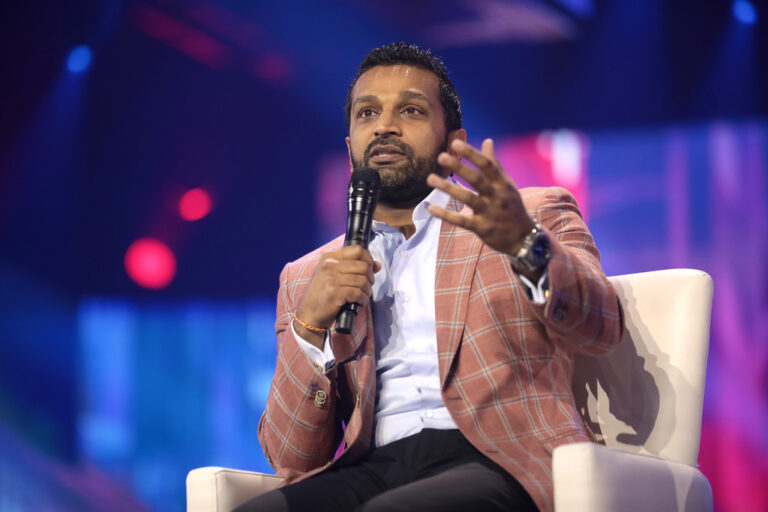Key Takeaways:
- Daniel Raab, a former American athlete, admitted to shooting an unarmed teen in Gaza.
- The victim, 19-year-old Salem Doghmosh, appeared to be standing still when shot.
- A drone captured the short clip of the shooting, which Raab watched without emotion.
- Raab says Salem was his “first elimination” as a sniper during the Gaza conflict.
- The incident raises serious questions about conduct and accountability in war zones.
Sniper Controversy: Did an American Kill an Unarmed Teen in Gaza?
The world was shocked after a former American college athlete turned Israeli sniper admitted to shooting an unarmed Palestinian teenager in Gaza. Daniel Raab, who grew up in a Chicago suburb, spoke calmly while watching drone footage of the shooting. The controversy has sparked debate globally about military ethics, the value of human life, and rules during wartime.
The Moment Caught on Drone
The video that started this wave of outrage lasts only a few seconds. In it, 19-year-old Salem Doghmosh stands in a narrow street in northern Gaza. His brother stands close by. Suddenly, Salem falls to the ground after being shot in the head.
From the footage, Salem is not seen holding a weapon. He appears unaware of what’s coming. His brother, standing next to him, seems stunned as Salem drops beside him. This tragic moment was caught by a military drone. The cold efficiency of the scene has drawn comparisons to video game footage, but this was real life.
“That Was My First Elimination”
Those words came from Daniel Raab, who became an Israeli sniper after relocating to the country. Raab previously played varsity basketball back in the suburban U.S. He didn’t hesitate while watching the clip. As he stared at the screen, he said, “That was my first elimination.”
Raab admits he knew Salem was not armed. Still, he pulled the trigger. There was no expression of regret. No second-guessing. His explanation was chillingly simple: he did it because Salem “was a male in a war zone.”
From Baskets to Bullets
Daniel Raab’s journey from basketball courts in Illinois to the Gaza conflict zone is a startling one. Those who knew Raab as a teen describe him as ambitious, competitive, and focused on sports. After leaving the U.S., he joined the Israeli Defense Forces (IDF) and trained as a sniper.
It’s unclear exactly what motivated Raab to join the IDF, but he’s not alone. Each year, hundreds of Americans travel to Israel to serve. Some feel a strong connection to the country. Others believe they’re helping a nation constantly under threat.
Still, for many observers, Raab’s cool attitude toward taking a human life is deeply troubling. “He’s talking about shooting a teen like it’s a game,” one social media user posted. “Is that what war turns people into?”
A Family Devastated
The Doghmosh family, like many in Gaza, has seen more than their share of loss. Salem’s death added yet another layer of sorrow. He was the eldest of four siblings and had dreams of becoming a mechanic. His younger brother, seen beside him in the video, has barely spoken since the shooting.
Their neighborhood has already been hit hard by bombings, food shortages, and injuries. For Salem’s parents, the pain goes beyond grief — it’s the feeling of helplessness. There was no trial, no investigation, just one shot and a lifetime of pain.
What’s the Legal Response?
Many human rights groups are calling for accountability. They argue this shooting violates international law since Salem didn’t pose an immediate threat. Under the laws of armed conflict, civilians should never be targeted, especially when unarmed.
Despite this, it’s unclear whether Raab will face any consequences. The IDF typically defends its soldiers, saying they make split-second decisions in complex situations. But this admission — calmly offered and captured on video — is harder to explain away.
Some groups are pushing for a global investigation. “We need justice,” says a spokesperson for a Middle East human rights group. “And justice starts with naming the truth.”
The Ethics of War Zones
This incident brings up a tough question: how should soldiers act in war? Stress, fear, and danger are all real parts of battle. However, there are still rules. Commanders train soldiers to identify threats — not to shoot anything that moves.
Salem’s death shows just how easily those rules can break down. Once a person sees their enemy as less-than-human, terrible things can happen. Experts say this is why training and oversight are critical. Without that, the line between soldier and killer can dissolve.
Growing Global Outrage
News of this sniper shooting is spreading fast online. People from all over the world are reacting with anger, confusion, and sadness. Some defend Raab, saying he was just doing his job. Others are calling him a murderer.
The video itself plays a major role in these reactions. It gives people a raw view of what can happen in war. No narration. No excuses. Just a young man falling as his brother stands beside him.
This moment, short as it was, has become symbolic. It’s more than just about one death — it’s about how we treat each other when everything falls apart.
The Bigger Picture in Gaza
Gaza has been under immense pressure for years. From blockades to frequent shelling, life in the region is unstable and dangerous. Many young people like Salem dream of peace. They want jobs, families, and safety — not constant fear.
Raab’s admission pulls back the curtain on a brutal truth: war doesn’t always follow rules. Civilians suffer the most. Many don’t get to tell their side of the story. This is what makes the Salem video so different — it tells the story without words.
A Call for Change
What happens next is unclear. There may be no justice for Salem. Raab may never face court. But outrage continues to build. More people are questioning military policy and the ethics behind sniping unarmed people.
Perhaps the only good that can come from this tragedy is awareness. Now that a face, a name, and a moment are public, change may follow. Awareness won’t bring Salem back, but it may keep others alive.
FAQs
Who was Salem Doghmosh?
Salem Doghmosh was a 19-year-old Palestinian teenager living in northern Gaza. He was unarmed when shot by a sniper.
Why did Daniel Raab shoot him?
Raab, now an Israeli sniper, admitted to shooting Salem even though he wasn’t a threat. He said it was part of his job.
Can sniper shootings of civilians be legal?
Under international law, shooting unarmed civilians is illegal. It can be considered a war crime if done without cause.
Will there be justice for Salem’s family?
It’s uncertain. So far, no legal steps have been taken toward punishing Raab or anyone else involved in the shooting.










